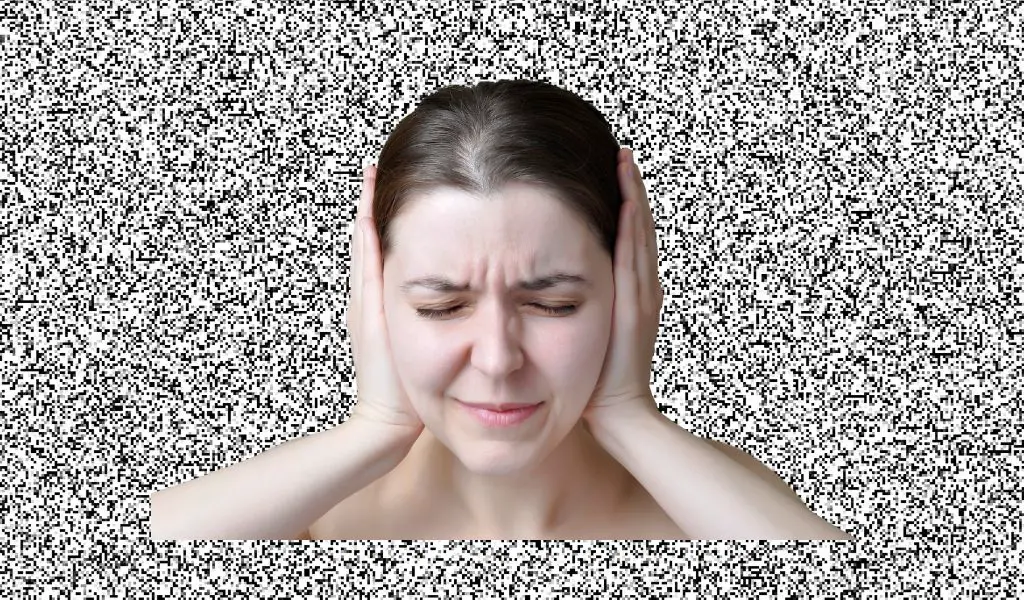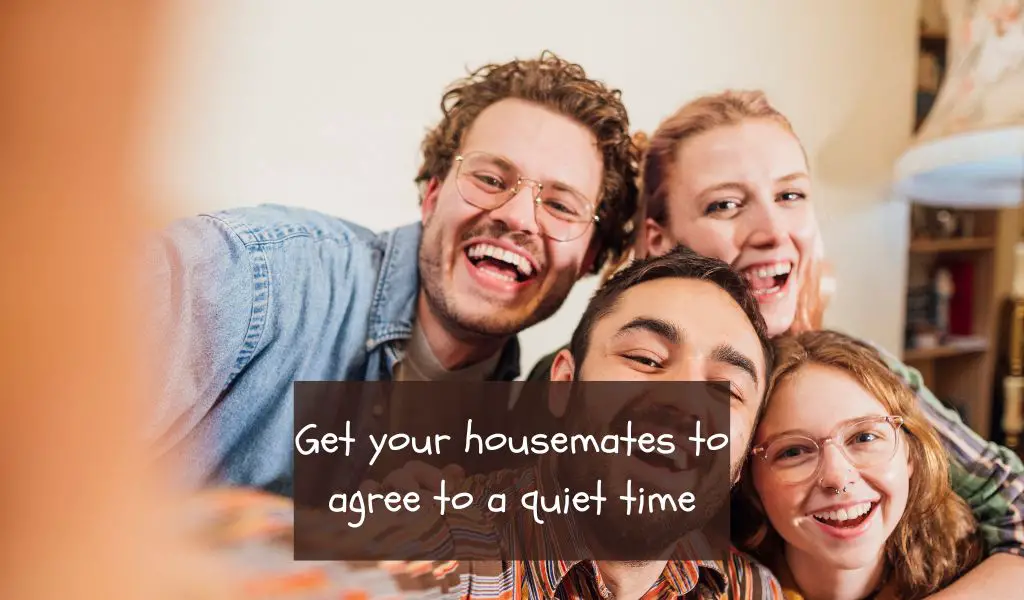Noise pollution has become a significant problem in our modern world.
It is defined as unwanted and disturbing sound that interferes with normal activities, causing stress, hearing loss, sleep disturbances, and other health issues.
The sources of noise pollution can vary from traffic, construction, music, and even household appliances.
With noise levels increasing day by day, it becomes essential to create a quiet space to escape the chaos and find peace.
In this article, we will explore how to create a quiet space in a loud world.
Understanding Noise Pollution
What is Noise Pollution?
Noise pollution refers to the excessive and unwanted sound that interferes with our daily lives.
It can come from a variety of sources, including transportation, construction, industrial processes, and household appliances.
Effects of Noise Pollution on Health
Exposure to noise pollution can have a significant impact on our health.
It can cause stress, anxiety, hearing loss, sleep disturbances, and other health issues.
Prolonged exposure to high levels of noise can lead to cardiovascular problems, such as high blood pressure and heart disease.

Sources of Noise Pollution
Some of the most common sources of noise pollution include transportation, construction, industrial processes, and household appliances.
Traffic noise is a significant contributor to noise pollution in urban areas.
Construction noise can be particularly disturbing as it often occurs in residential areas, and household appliances such as air conditioners, washing machines, and refrigerators can also contribute to noise pollution.
Creating a Quiet Space
Creating a quiet space can help you escape the noise and find peace.
Here are some tips to help you create a quiet space:
Identify the Right Location
Choose a quiet location in your home or office to create your quiet space.
Ideally, you want a space that is far away from sources of noise pollution, such as traffic or construction.

Soundproof Your Space
Soundproofing your space can help reduce noise levels.
You can use materials like acoustic foam or soundproof curtains to create a barrier between your quiet space and the outside world.
Install Sound Absorbing Materials
Adding sound-absorbing materials to your quiet space can help reduce echoes and reflections.
Materials like carpets, rugs, and curtains can help absorb sound and improve the acoustics of your space.
Use White Noise
White noise is a sound signal that contains a mix of different frequencies, creating a masking effect that can help reduce the perception of other sounds.
You can use a white noise machine or app to create a background noise that can help you relax and focus.
Invest in Noise-Cancelling Headphones
Noise-cancelling headphones use technology that blocks out external noise, allowing you to focus on your work or relaxation.
Investing in a pair of high-quality noise-cancelling headphones can significantly reduce noise levels in your quiet space.
Optimize Your Room Layout
The layout of your room can have a significant impact on the noise levels.
Consider rearranging your furniture to optimize your room layout, moving your quiet space away from sources of noise pollution.
Implement a “No Noise” Rule
If you live with others, you can implement a “no noise” rule in your quiet space.
Let your family or roommates know that this is a designated quiet area and ask them to keep noise levels to a minimum.

Coping with Noise Pollution
In addition to creating a quiet space, there are other ways to cope with noise pollution. Here are some tips:
Noise-Cancelling Apps
There are several noise-cancelling apps available that can help reduce the perception of external sounds.
These apps use algorithms to create a masking effect that can help you relax and focus.
Practice Mindfulness
Practicing mindfulness can help you cope with noise pollution by focusing on the present moment and cultivating a sense of calm.
You can try meditation, deep breathing exercises, or yoga to help reduce stress and anxiety.
Seek Professional Help
If noise pollution is affecting your health and quality of life, it may be time to seek professional help.
A doctor or audiologist can help diagnose hearing loss or other health issues related to noise pollution.
You can also consult with an acoustical engineer or soundproofing specialist to help you reduce noise levels in your home or office.
Advocate for Change
Noise pollution is a widespread issue that affects many people. By advocating for change, you can help raise awareness of the issue and promote solutions.
You can reach out to local officials, join a community group, or support organizations that work to reduce noise pollution.
FAQs
What are some common sources of noise pollution?
Some common sources of noise pollution include traffic, construction, industrial processes, and household appliances.
How does noise pollution affect our health?
Exposure to noise pollution can cause stress, anxiety, hearing loss, sleep disturbances, and other health issues.
Prolonged exposure to high levels of noise can lead to cardiovascular problems, such as high blood pressure and heart disease.
How can I create a quiet space in my home or office?
You can create a quiet space by identifying the right location, soundproofing your space, using sound-absorbing materials, using white noise, investing in noise-cancelling headphones, and optimizing your room layout.
What are some coping strategies for dealing with noise pollution?
Coping strategies for dealing with noise pollution include using noise-cancelling apps, practicing mindfulness, seeking professional help, and advocating for change.
How can I advocate for change in reducing noise pollution?
You can advocate for change by reaching out to local officials, joining a community group, or supporting organizations that work to reduce noise pollution.
Conclusion and final thoughts
Noise pollution is a significant problem in today’s world, affecting our health and well-being.
Creating a quiet space can help you escape the chaos and find peace.
By identifying the right location, soundproofing your space, using sound-absorbing materials, and investing in noise-cancelling headphones, you can significantly reduce noise levels in your quiet space.
Coping with noise pollution also involves practicing mindfulness, seeking professional help, and advocating for change.
By taking these steps, we can work towards a quieter, more peaceful world.













